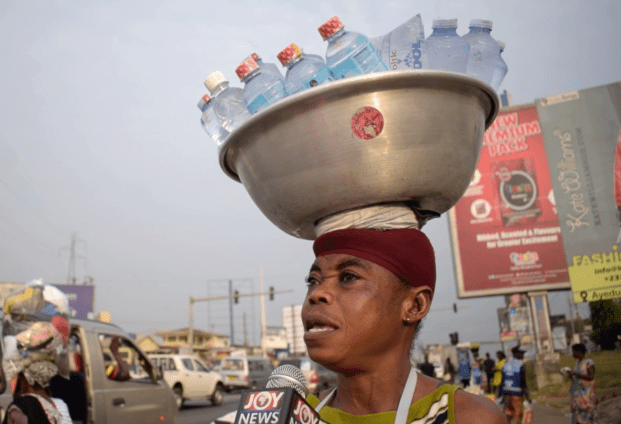The National Association of Sachet and Packaged Water Producers (NASPAWAP) has joined plastic manufacturers in urging the government to indefinitely s
The National Association of Sachet and Packaged Water Producers (NASPAWAP) has joined plastic manufacturers in urging the government to indefinitely suspend the newly imposed 5% excise tax on finished plastics.
NASPAWAP argues that this tax would further burden consumers who are already grappling with increased prices of bottled and sachet water since January 2024, largely due to the depreciation of the cedi against the US dollar.
In a press statement released on Monday, July 8, NASPAWAP emphasised the adverse impact of the tax on consumers, citing significant price hikes in their products.
They attribute these price increases to economic factors such as currency fluctuations rather than production costs alone.
According to the association, the imposition of a 5% excise tax aimed at addressing environmental concerns related to plastic use would exacerbate the financial strain already felt by consumers.
NASPAWAP’s call for the suspension of the excise tax underscores their concern for maintaining affordable access to clean water by the public.
They contend that while environmental issues must be addressed, the current economic climate necessitates careful consideration of policies that could further inflate consumer costs.
“We believe the motive for the 5% extra excise tax would be to raking in funds to tackle the menace plastics is posing to the environment. There is an existing 10% environmental excise tax on selected plastic at the ports of entry.”
“We were part of the decision to tax plastic granules at the entry ports. This method broadens the tax base since all plastic granules are imported. However, at the implementation stage only a selected few were captured,” an excerpt of the statement read.
NASPAWAP has put forward an alternative strategy amidst the debate over the newly imposed excise tax on plastics.
The association’s proposal suggests reducing the environmental excise tax rate to 1% at entry points, specifically targeting all imported plastic granules.
Additionally, they advocate for a 10% tax on the Cost, Insurance, and Freight (CIF) value of semi-finished plastics imported into the country.
According to NASPAWAP, this approach aims to enhance revenue generation for effective plastic waste management while mitigating the financial impact on consumers of finished plastic products.
They argue that their proposed tax structure would more effectively support environmental initiatives compared to the current 5% tax on finished plastics, which they believe would disproportionately burden consumers.
“Our suggestion to the government is to reinforce the environmental excise tax at the entry points by reducing the tax rate to 1% and make it applicable to all imported plastic granules without any exceptions.
“However semi-finished plastics imported into the country should be taxed 10%. of the CIF value. We believe this will rake in more funds for plastic management than the additional 5% excise tax imposition on finished plastics.
“We also wish to put on record that since the inception of plastics in this country, all interventions in respect of managing plastic has been solely borne by the private sector. From the collection point to the recycling stations there has not been any subsidy from government to the collectors etc,” the statement added.
Source: Myjoyonline

COMMENTS